
In 1949, George Orwell wrote a futuristic novel about the year of 1984 set in a totalitarian, dystopian state where “Big Brother is always watching you”. People’s freedom is not only restricted, but taken away altogether as they are watched through surveillance cameras every minute. Emotions, literature and art are prohibited and history books and dictionaries are carefully rewritten in order to manipulate the people’s love for the leader Big Brother, as well as stop any unnecessary questions and rebellion.
Orwell wrote about the future and yet referred to his then present fear of post World War II and the poverty it brought as well as the fear Hitler and Stalin had embedded of turning the world into a totalitarian state.
Despite being written over 60 years ago, and being set 30 years ago, Orwell’s vision seems to be relevant today more than ever before, with the concept of ‘Big Data’ being put into place, as well as surfacing mediation and surveillance with the rise of smartphones and internet that allow easy access to information on our lives, with the likes of Snowden and Assange openly coming out with proof despite the facts being obvious enough, show just how simple it is for the people in charge to take control and maintain it.
Many directors and screen writers have used a ‘1984’ setting, or Orwellian setting as it has come to be known, without direct reference but with obviously similar characteristics in order to critique the brainwashed and sheep-like public as well as to warn us of a future that has already come.
So here is a list of 10 movies that share this horrific society that make us wonder how our world compares to these fictitious ones.
10. Equals (Drake Doremus, 2015)
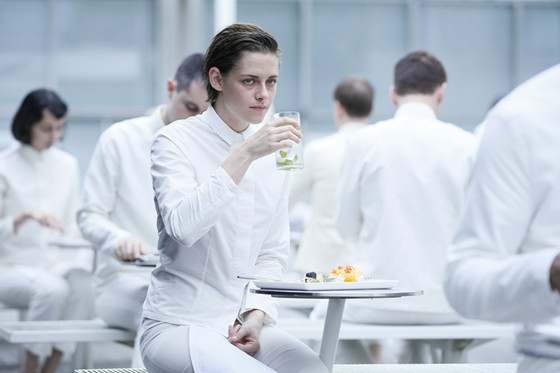
Equals seems to be the modern cinematic equivalent to ‘1984’. Set in a futuristic society where emotions are prohibited being cast out as the reason for war and crime, the Collective monitors the citizens’ behaviour and actions.
Unfortunately the dystopianly utopian society is under threat from an epidemic known as the Switched on Syndrome which enables the people to feel emotions again. The disease seems to have only one cure – death, as the sick at a high stage are thrown into the ‘den’ where they are left to rot or pushed towards suicide.
The protagonists Silas (Nicholas Hoult) and Nia (Kristen Stewart) who work for the creative part of the Collective, Atmos, are two of the unfortunate citizens to have the ‘disease’, and after falling in love with each other a dilemma arises as to whether they want to save their lives and keep their jobs or try to escape in order to continue to feel.
Doremus highlights the characteristics of the movie’s ‘1984’ like society not just through the on street surveillance from which nobody is safe, but through the people themselves who are so emotionless and obedient to the laws that they would snitch on anybody around them, despite at some point being friends.
9. Hunger Games (Gary Ross, Francis Lawrence)
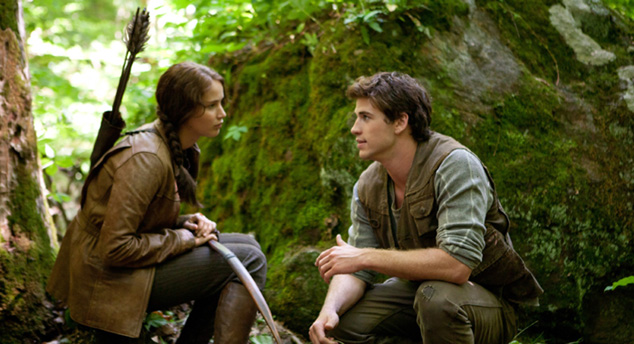
Based on the novels of the same name by Suzanne Collins, The Hunger Games film series creates a totalitarian state with a significant emphasis on class, with twelve districts of a futuristic country of Panem, all conforming to the rule of the Capitol and its merciless leader President Coriolanus Snow (Donald Sutherland).
Unlike the other districts, the people of the Capitol do not suffer of poverty or hunger and as a kind gesture and for their own entertainment they hold the broadcast of the Hunger Games which has a male and female from each district fighting to the death against other districts, the prize being generous provisions to their home by the Capitol.
The movie follows Katniss Everdeen (Jennifer Lawrence) and Peeta (Josh Hutcherson) as representatives of the poorest district in the vicious competition.
The blind fear and obedience of the districts to the superior Capitol mimics the fearful mentality of the people of ‘1984’ causing some to become traitors to their moral due to the lies they are fed by the President and the media as Katniss becomes the leader of an anti-government rebellion group that intends to unite the districts to get rid of the unjust social system.
8. Equilibrium (Kurt Wimmer, 2002)
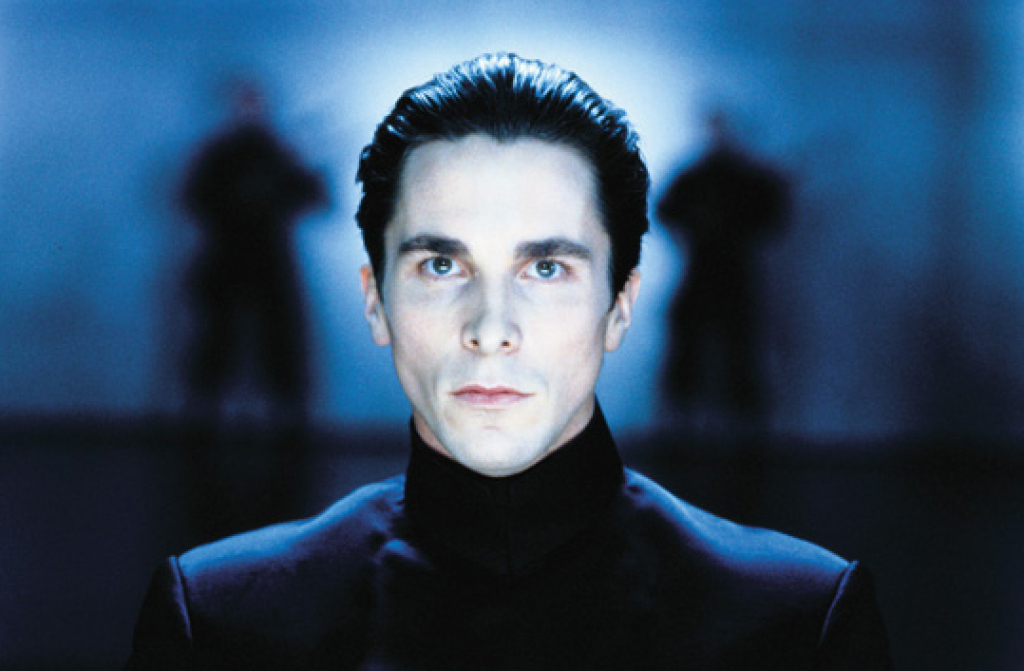
Equilibrium is yet another movie that explores the threat of human critical thinking and freedom of speech to a totalitarian dictatorship and Wimmer successfully writes out this message under layers of sci-fi and action.
The movie is set in a post World War III that had been caused by the excessive freedom of thought making humans destroy each other; therefore, in order to make sure history is not repeated, the remainder of the race live under the influence of the drug called Prozium that decreases the ability to feel emotions, and anybody who becomes a Sense Offender by experiencing more intense feelings is gotten rid of by the Clerics.
One of such Clerics is John Preston (Christian Bale), who after meeting Mary O’Brien (Emily Watson), takes the dangerous path by stopping his Prozium intake causing him to become a Sense Offender and join the rebel group that read books, listen to music and appreciate art.
In between the many gun fights and special effects, the encouragement of freedom of thought borrowed from Orwell’s novel is not lost, but highlighted even further for those who can see it.
7. V for Vendetta (James McTeigue, 2006)
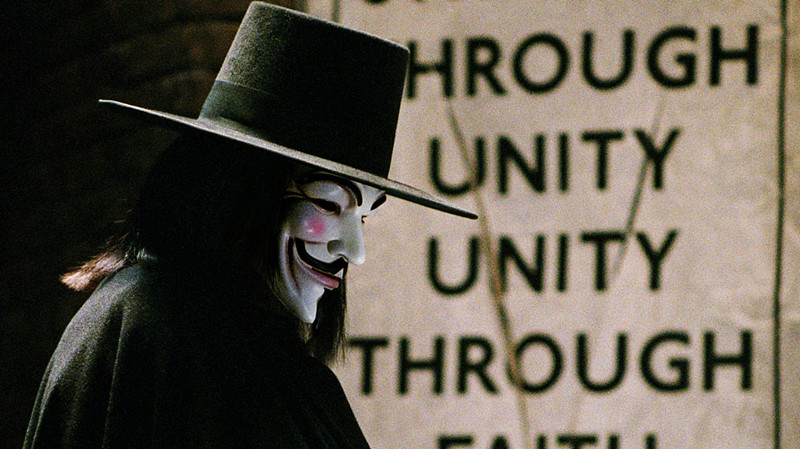
Set in the now not too distant 2020, V for Vendetta sets itself in a dark Britain after a deadly virus has destroyed most of the world and the British are now offered the one thing all humans seek – security – even if it means the jeopardising of their freedom.
The leader of the state is very much like 1984’s Big Brother, Sutler (John Hurt who ironically played Winston Smith in the Nineteen Eighty-Four screen adaptation) who shouts out his orders and commands from a huge screen in order to be carried out by the people and put into place by the special police.
Amongst the chaos, the movie follows the personage V (Hugo Weaving) wearing the infamous mask of Guy Fawkes as he plans to single handedly, within a year, to take down the dictatorship. In the process he rescues Evey (Natalie Portman), from being raped by the police, and makes her become his accomplice as he takes it upon himself to create a revolution.
The movie stirs up a lot of questions regarding government regimes and how to fight them as it becomes questionable and the line blurs between V’s character of a freedom fighter and a terrorist, despite the government control.
6. Brazil (Terry Gillian, 1986)
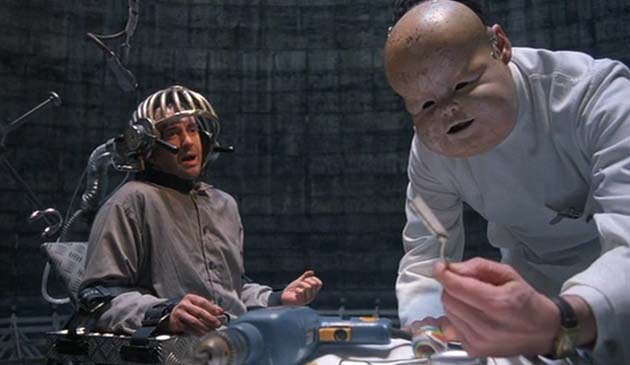
Brazil is very similar to 1984, set somewhere between the past, present and future in a society run by a controlling totalitarian government. In it, the protagonist Sam Lowry (Jonathan Pryce) who works for the government in a low position spends his free time secretly re-watching old and exciting TV shows with his co-workers and day dreaming about saving a beautiful woman.
After being assigned onto a case he accidentally meets Jill Layton (Kim Greist) who is in fact the damsel in his dreams, trying to restore justice to her neighbour’s death and consequently being cast as an anti-government terrorist.
As confusion takes place, witnesses need to be removed, and with the help of suspected terrorist Tuttle (Robert De Niro), Sam tries to save his own life and of the innocents around him as he attempts to get away from the government’s controlling hands.
Although not living up to the 1984 standards themselves due to the somewhat slapstick tone, Gillian still manages to create the eerie dystopian atmosphere that is strong throughout, and the at times confusing plot only adds to the tone.